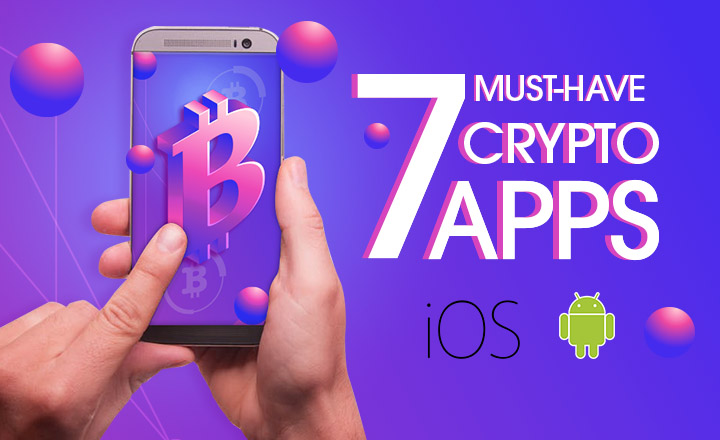US Judge Views Bitcoin As Money In Court Decision

Bitcoin has been in a legal gray area since it was created. This is mostly because of the fact that it is decentralized. Decentralization means that there is no central authority to implement any rules and regulations. This also means that Bitcoin can be difficult to monitor or control.
A lot of governments find that hard to swallow, especially if the bitcoins involved have been used for a crime. Money laundering is a popular illegal use for Bitcoin and is best curbed with strict laws. Considering Bitcoin’s antiauthoritarian bent, these laws are not in place. This has resulted in legal troubles for Bitcoin.
This has left Bitcoin and government at an awkward place. The two sides are still trying to come to a compromise that works. Recently, steps have been made to make dealings easier like the UKGC accepting digital currencies for casinos. The latest one happened a few days ago as New York Judge Alison Nathan decided that Bitcoin is money—or at least be considered as money. This is in response to attempts to have the case against the people behind the failed Bitcoin exchange Coin.mx
The Coin.mx debacle
Coin.mx was a Bitcoin exchange operated by Anthony Murgio. After a hack against the financial giant JPMorgan, the FBI and the US Secret Service traced it back to Murgio. He and fellow conspirators were then charged to be in violation of federal anti-money laundering laws. Coin.mx was fingered as an integral part of their plans as money was converted into Bitcoin via the exchange.
In addition to the initial charges, Murgio and his partners are charged with two more cases. These were the conspiracy to operate an unlicensed money-transmitting business and operating an unlicensed money-transmitting business. Last November 2015, the people behind Coin.mx pled not guilty on all of the charges.
Bitcoin as currency
The Bitcoin-as-currency ruling came about because the lawyers representing Coin.mx’s defense decided to derail the case by claiming that since Bitcoin was not money, the case for operating an unlicensed money-transmitting business had no basis. Judge Alison Nathan struck this objection down by making the following ruling:
“Bitcoins are funds within the plain meaning of that term. Bitcoins can be accepted as a payment for goods and services or bought directly from an exchange with a bank account. They therefore function as pecuniary resources and are used as a medium of exchange and a means of payment.”
This is a surprising statement that contradicts a recent Florida ruling that Bitcoin was not considered a form of money. This just goes to show the need for standard legislation when it comes to cryptocurrencie—one that will serve as the foundation of the US and UK Bitcoin exchanges, as well as those of other countries.
A standardized law would make it easier for the government to prosecute cryptocurrency money laundering and other legal duties. With Bitcoin and cryptocurrencies spreading, working with the law is often a better option than just trying to go around the laws against it. Hopefully, with the recent steps to legalize Bitcoin, people can soon use them without fear.













